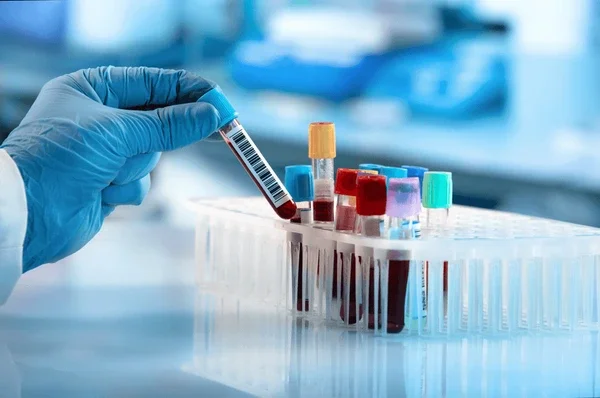GI Map Test
Research overwhelmingly indicates that gut health impacts overall health. The gut microbiome plays a critical role in mediating the effects of diet, digestion, immunity, metabolic function, and more. This GI-MAP (Microbial Assay Plus) test is truly unique in the field – relying exclusively on quantitative polymerase chain reaction (qPCR) technology to detect parasites, bacteria, fungi, and more by targeting the specific DNA of the organisms tested. The quantitative insights provided in this process, known for accuracy and reliability, allow practitioners to create more personalized treatment protocols for optimizing gut function and addressing dysfunction.
To request this lab please fill out the form below. Within 24 hours you will receive a formal estimated cost and further instructions.
Optimal Health — It All Starts with the GI-MAP™
Research overwhelmingly indicates that gut health impacts overall health. The gut microbiome, in particular, plays a critical role in mediating the effects of diet and other factors on health, including digestive, immune, metabolic and neuroendocrine functions. Assessing GI health with the proper tools can help practitioners get to the root cause of chronic illness. The GI‑MAP (Microbial Assay Plus) is unique in the field of comprehensive stool testing. It relies exclusively on quantitative polymerase chain reaction (qPCR) technology to detect parasites, bacteria, fungi, and more, by targeting the specific DNA of the organisms tested.
Why Is Quantification Using qPCR Technology So Important?
Unlike other comprehensive stool tests on the market, the GI-MAP can provide practitioners with truly quantitative results. qPCR offers a much more accurate way to detect and quantify clinically-relevant organisms than standard PCR, culture, microscopy, or DNA sequencing-based methods. Accurately assessing how much of an organism's DNA is present in a patient's stool sample is essential for helping practitioners to determine the clinical significance of pathogenic organisms and dysbiosis patterns.
qPCR's Reliability, Reproducibility, and Use in Clinical Research
Although qPCR is becoming more commonplace in in-vitro diagnostics (IVD), we are the only laboratory in the United States exclusively using qPCR technology for advanced comprehensive stool testing. This technology is used routinely in clinical and academic research because it provides highly-accurate quantification, as well as high levels of sensitivity and specificity. Standard PCR technology doesn't offer the same level of sensitivity, or the ability to express precise numerical results.
The GI-MAP also provides consistently reproducible results. Reproducibility is of crucial importance to the practitioners and patients that rely on the efficacy of the GI-MAP. To achieve it, we perform rigorous quality control, and have validated all molecular target quantification assays to meet or exceed FDA standards.
GI-MAP Allows for the Personalized Treatment Plans and Informative Retests
The GI-MAP's accuracy and reliability allows practitioners to create personalized treatment protocols to address gut dysfunction based on which infections are urgent, which areas of the gut are already optimized, and which areas should be addressed after an infection is resolved.
Additionally, the quantification offers a remarkable ability to see how treatment modalities are working because a retest after treatment can show whether a parasite has resolved, dysbiosis has improved, and more.
Estimated days for results: Results should arrive 7 - 14 business days after the lab receives samples.
*These statements have not been evaluated by the Food and Drug Administration. These products are not intended to diagnose, treat, cure, or prevent any disease.
Description via Fullscript.com

